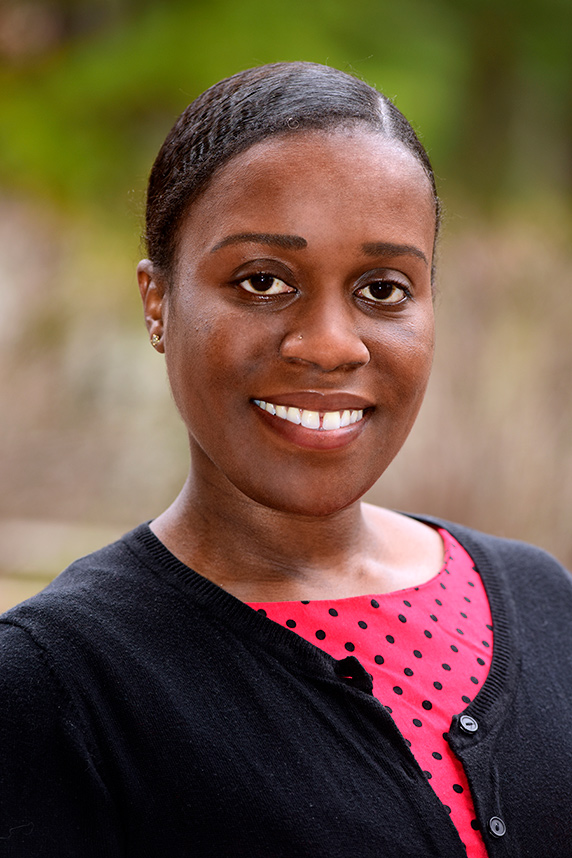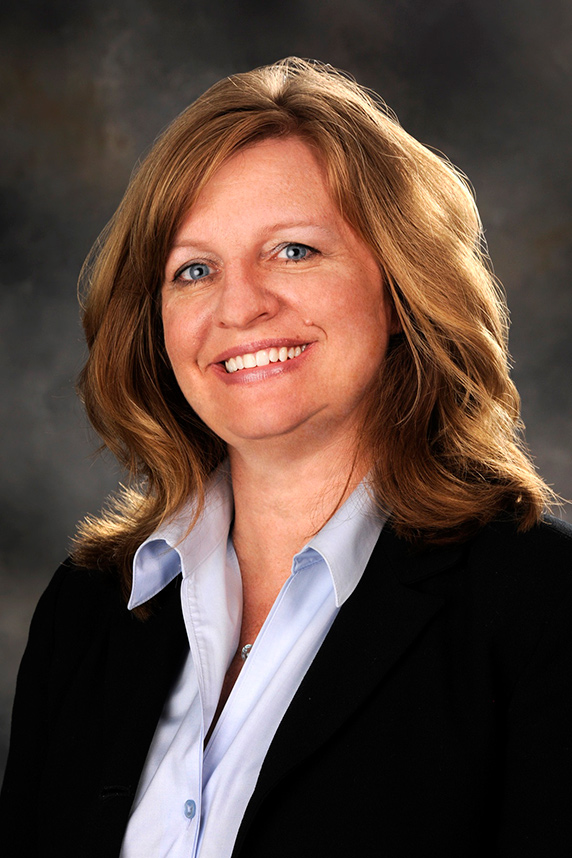August 14, 2019 to August 15, 2019
3:00pm – 3:00am
https://www.reddit.com/r/askscience/
On Aug. 15, experts from NIEHS and the Eunice Kennedy Shriver National Institute of Child Health and Human Development (NICHD) will be available via the Reddit Ask Me Anything (AMA) platform to answer your questions about air pollution exposures faced by parents before and during pregnancy and the health of children.
A Reddit AMA is a way for experts to share their expertise through an online question and answer session (see sidebar). Anyone with an internet connection can join the conversation and learn more about NIEHS work to better understand how our environment affects our health.
On Aug. 15, experts from NIEHS and the Eunice Kennedy Shriver National Institute of Child Health and Human Development (NICHD) will be available via the Reddit Ask Me Anything (AMA) platform to answer your questions about air pollution exposures faced by parents before and during pregnancy and the health of children.
A Reddit AMA is a way for experts to share their expertise through an online question and answer session (see sidebar). Anyone with an internet connection can join the conversation and learn more about NIEHS work to better understand how our environment affects our health.
 Learn more about air pollution and health on the NIEHS Environmental Health Topicspage and on our printable fact sheet on children’s health.
Learn more about air pollution and health on the NIEHS Environmental Health Topicspage and on our printable fact sheet on children’s health.
Environment extends to preconception
When most people think of the environment, they think of green spaces, buildings and sidewalks, and air and water. In the context of children’s health, the environment also includes conditions in the womb, and even situations present before conception.
Managing environmental exposures before and during pregnancy, as well as after birth, may be the key to preventing children’s health problems.
Understanding how environmental factors affect pregnancy and child development is a priority for NICHD and NIEHS, although the two institutes study different aspects of the environment and health. Both support research on their campuses and through grants to universities and other organizations.
Visit the NICHD and NIEHS websites for more information on child health research.
Hosts
 When she is not conducting research, Beverly enjoys performing as a violinist in the Durham Medical Orchestra. (Photo courtesy of Steve McCaw)
When she is not conducting research, Beverly enjoys performing as a violinist in the Durham Medical Orchestra. (Photo courtesy of Steve McCaw)
The AMA hosts are experts in air pollution and its effects on child health, pregnancy, and reproductive health, and on how exposures during pregnancy can influence children’s health later on.
Brandy Beverly, Ph.D., is a health scientist in the National Toxicology Program Office of Health Assessment and Translation. She conducts literature-based evaluations to determine whether chemicals in the environment are hazardous to human health. Her most recent work focuses on the how traffic-related air pollution influences hypertensive disorders of pregnancy and potential long-term effects on mother and child.
Pauline Mendola, Ph.D., is a lead researcher in the Epidemiology Branch of the Division of Intramural Population Health Research at NICHD. She studies how air pollution and extreme environmental temperatures affect pregnancy and child development. Mendola is involved with the Consortium on Safe Labor and Consecutive Pregnancy Study and the Longitudinal Investigation of Fertility and the Environment (LIFE) Study. Mendola was a cashier in a bookstore before she got a job coding health surveys at the University at Buffalo, and the rest is history.
Carrie Nobles, Ph.D., is a postdoctoral fellow in the NICHD Epidemiology Branch. Her recent research explores how ambient air pollution — specifically, fine particulate matter from cars, industries, and homes — affects the risk of hypertension and preeclampsia during pregnancy. Nobles was a piano performance major as an undergraduate and first learned about public health during an elective course her junior year of college.
 Gray spends quality time outside of the office with her family and their menagerie of furry animals and hairy children, who fill her soul with joy. (Photo courtesy of Steve McCaw)
Gray spends quality time outside of the office with her family and their menagerie of furry animals and hairy children, who fill her soul with joy. (Photo courtesy of Steve McCaw)
Kimberly Gray, Ph.D., manages the NIEHS grant portfolio on children’s health. She is a program officer in the Population Health Branch in the Division of Extramural Research and Training. This includes research on how prenatal exposure to air pollution and other chemicals in the environment disrupt early brain development. These early changes may lead to cognitive, emotional, and behavioral problems detected later in development. Because these chemical exposures are more common among minority populations and underserved communities, they may be major contributing factors to health disparities within our population.
Beate Ritz, Ph.D., is a professor of Epidemiology and Environmental Health Sciences at the University of California, Los Angeles Fielding School of Public Health and an NIEHS grantee. Her research shows that traffic and combustion-related air pollution increases the risk of preterm birth, low birth weight, and preeclampsia. Such exposures also affect neurodevelopment, resulting in autism spectrum disorder (ASD). Ritz is responsible for assembling adverse birth outcome studies worldwide as part of a project sponsored by the National Aeronautical and Space Administration. Ritz’s personal office is a treehouse with a view over the Santa Monica mountains.
This is the second Reddit AMA for NIEHS. The first one addressed environmental influences on ASD.
How can you join the Reddit AMA?
Questions are answered during an AMA based on votes. Reddit users vote for the questions they find most interesting, and lively discussions take place in the comments sections.
With this format, answers from our experts can be more fully explained, and follow-up questions or comments may be addressed, so that the community has a clearer understanding of the research.
To participate, log in to Reddit or sign up for a free account. Starting at 8 a.m. Eastern Daylight Time on Aug. 15, ask your questions.

